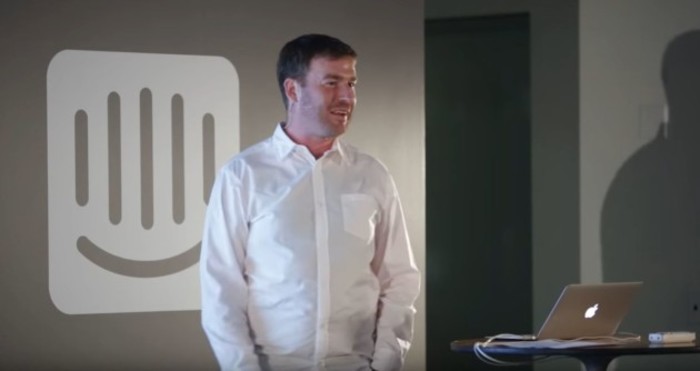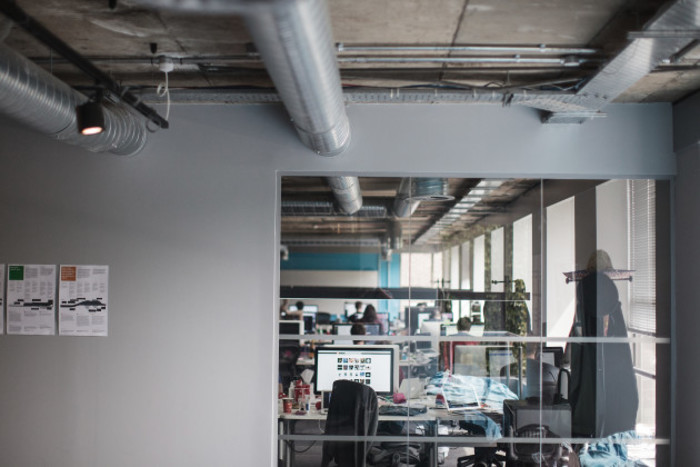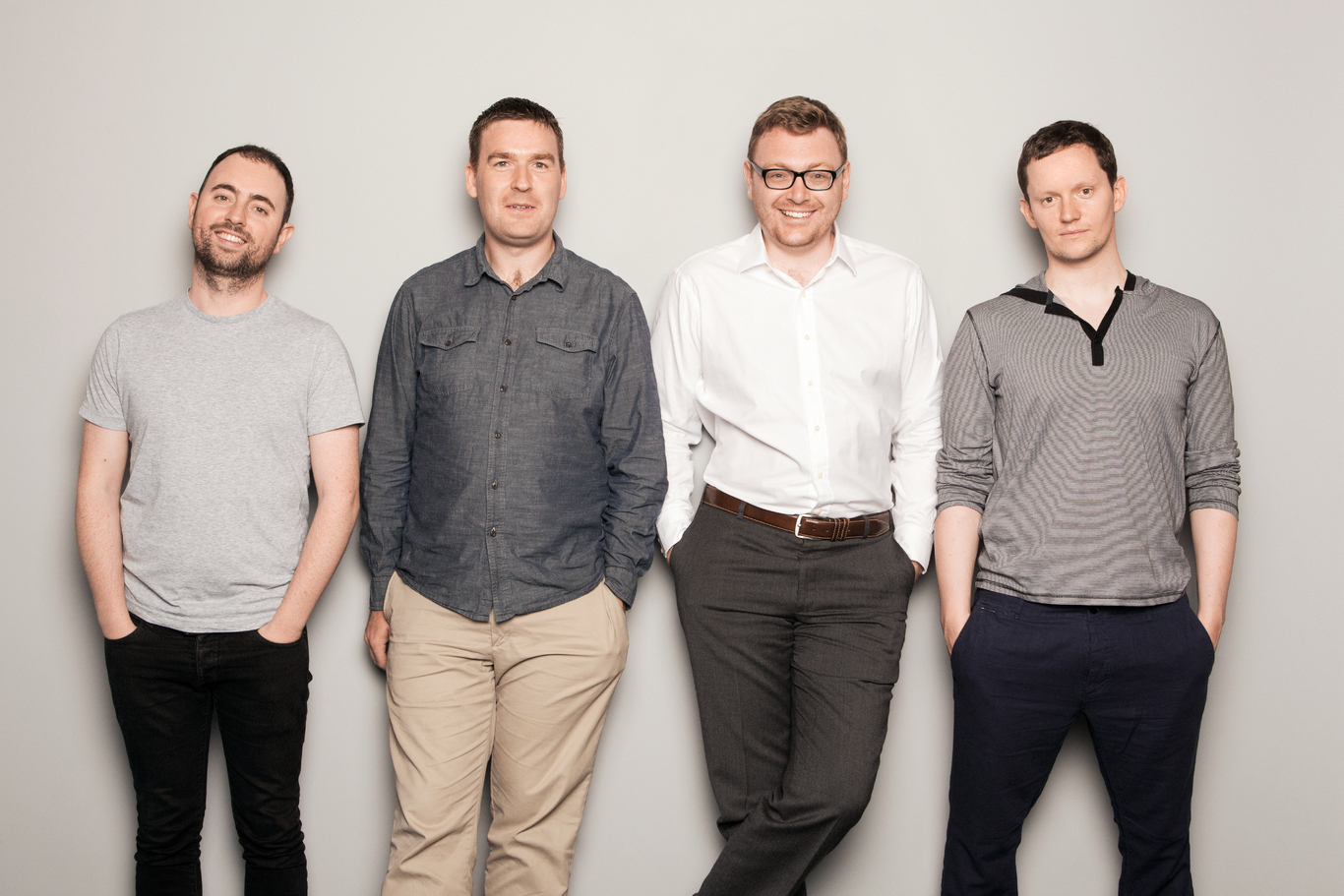Irishman behind Silicon Valley darling: 'Despite our achievements, we've never felt so vulnerable'
Intercom co-founder Des Traynor said scaling a company is tougher than starting one.
YOU MAKE A product and build a customer base – but how on earth does your business stick around for “more than one cycle of technology”?
This is a question that has been bugging Des Traynor, co-founder of Irish tech firm Intercom, who spoke at the 2016 Web Summit in Lisbon.
“Typically, what happens is, you think everything is going great and you’re following every bit of good business advice out there, and then suddenly it all goes wrong,” Traynor said.
He argued that “survival is ultimately the biggest challenge” for a company of any size.
Intercom, which provides customer service messaging apps, is widely regarded as an Irish success story.
Some of the world’s biggest tech names recently piled into a $50 million round to help fund the company, which essentially aims to take the pain out of customer service for client companies through its technology
While based in San Francisco, it was set up by Irishmen Eoghan McCabe, Des Traynor, Ciaran Lee and David Barrett five years ago, and has raised €160 million in venture capital funding and generated “tens of millions in revenue”, according to Traynor.
The company is one of the fastest-growing in Silicon Valley, and was recently profiled by influential business publication Forbes.
“Despite all that, we’ve genuinely never felt so vulnerable, which was not at all what we were promised,” Traynor said.
 Des Traynor
Des Traynor
‘Cycles’
Referencing a famous scene from The Shawshank Redemption, Traynor said: “I was convinced having read all the startup literature that if you actually do go ahead and crawl through the Andy Dufresne tunnel of shit that is building a company, if you get to the other side, somehow you’ll be free. That’s actually not what happens.”
Traynor, who is the company’s vice president of marketing, noted that of the original Fortune 500 companies published in 1955, only 67 are still around today. Similarly, he said, the vast majority of billion-dollar companies from the web 2.0 era have failed.
He suggested this was because many of those companies focused too much on improving their product, or “solution”, and not the original problem they discovered.
“It’s about this idea of cycles,” he said. “There are different cycles in a company. Typically, the way companies start is roughly in the same place. They experience a problem, have an idea for a solution and from there obsessed over that idea. They construct an entire company to produce this solution.
“When competition comes along, the whole industry focuses on who is the best at producing this solution.”
Pointing to the decline of print media and SMS messaging, Traynor warned that those companies will create “the best, best version of yesterday’s technology”.
 Intercom's Dublin office
Intercom's Dublin office
“Whenever something new comes along, you have to ask this question: does this new tech make it cheaper, faster or easier for my customers to progress in their lives?”
He said that entrepreneurs can either ignore technological shifts and “coast on your product for five years, or you can react”.
“Only the paranoid will survive,” he said, quoting the late Intel co-founder and chief executive, Andy Grove.






